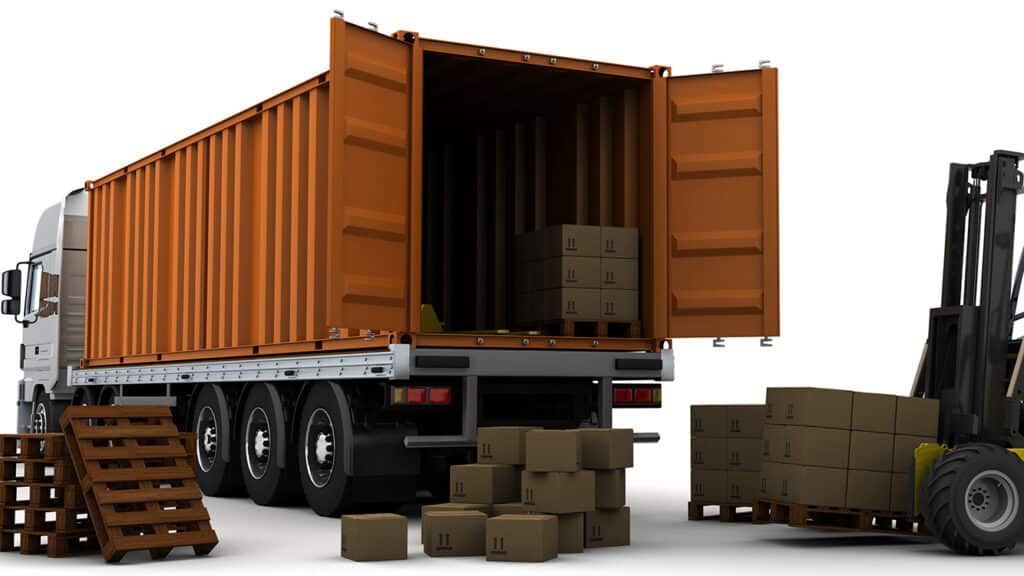Cargo Expedition: Navigating the Way forward for International Logistics
Cargo Expedition: Navigating the Way forward for International Logistics
Blog Article
Cargo journeys play an essential part in the smooth movement of merchandise across the globe they are the backbone of international trade and commerce. Be it transporting raw materials or completed products, or products that are perishable, these cargo expeditions assure supply chains are functioning efficiently and effectively. Since globalization has increased the connectivity of markets, the demand for effective cargo services has never been more urgent. This sector combines complex logistics modern technology with sturdy infrastructure to address the ever-changing needs of companies across the globe. From air freights to ocean shipping and transportation on land, cargo operations are the lifeline for global commerce, and bridges the gaps between suppliers, manufacturers and buyers.
One of the most important factors that shape the efficiency of cargo expeditions is the way of transport. The method of transportation - air freight, sea freight or road freight-is largely dependent on the kind of cargo, its destination, and the need for shipment. Sea freight has become the most commonly used method to transport big quantities of goods because it's cost-effective for travel over long distances and can handle a wide variety of goods. But, it has greater transit time than air freight. It is generally preferred for higher-value and time-sensitive items like medical supplies, electronic equipment and perishables. Road freight, typically used to transport regional goods, provides the flexibility to complement shipping by air or sea, bridging the gap between warehouses, ports and final destinations.
The logistics involved in cargo voyages demand meticulous planning and coordination between various parties which include freight forwarders shipping firms, customs brokers and finally, the customers. There are a myriad of aspects to consider like routes, transit times, potential delays, customs regulations each of which impact the overall cost and efficiency of the delivery. Customs regulations can play an important role in international shipping because products must be cleared by customs prior entering or leaving a country. Failure to properly document or comply with regulations could cause delays, thereby increasing expense and adding to the procedure. Efficient cargo management, therefore, demands a high level of coordination and experience to navigate these complexities and to ensure prompt delivery.
Technology has played a pivotal contribution to the advancement of Cargo Expedition by significantly increasing both speed and precision of shipping. The latest developments in tracking technology that include GPS and RFID provide real-time surveillance of goods in transit. This transparency helps both the shipper and customers by providing accurate information on delivery and guaranteeing the security and safety of the cargo. Digital platforms have also streamlined the documentation and booking process, allowing companies to manage shipments more efficiently. With the help of advanced software, businesses can automate customs clearance, streamline shipping routes and monitor stock, thereby decreasing errors made by humans and enhancing the overall quality of service. As technology advances and improve, the importance of automation AI, artificial intelligence, as well as the use of data analytics for cargo journeys will further enhance the speed and accuracy of global logistics. To gather added details kindly head to Muat
The effectiveness of cargo missions is also dependent on the experience and coordination of logistics experts to navigate the maze in international commerce. These specialists manage complex supply chains, oversee the clearance of customs, and assure the compliance of ever-changing laws. They collaborate across different time zones, languages and regions to offer smooth services to customers. Development and training are essential to maintaining a high standard in the field, and professionals continuously upgrading their skills to keep pace with advancements in technology as well as international trade trends. They are essential in eliminating risks, solving challenges while ensuring the safe transfer of goods and services across international borders.
As the world becomes more interconnected, the demand for effective and reliable shipping services for cargo continues to expand. The advent of e-commerce has transformed the logistics industry, creating the need for speedier, simpler delivery processes to meet the expectations of customers who want faster time to deliver. The global e-commerce boom has caused shipping companies to design systems that can provide the flexibility of delivery options such as next-day delivery or same day deliveries. With this in mind, many businesses are leveraging advanced technologies, including drones and autonomous vehicles, to further improve the speed and precision of deliveries. The advancements in technology are changing cargo expeditions and making them more efficient and adaptable to the evolving demands of the modern consumer.